WAC Awards Recipients: 2025
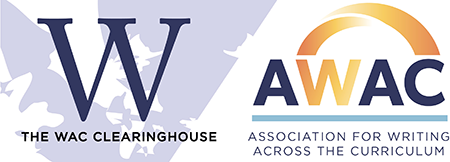 The Association for Writing Across the Curriculum and the WAC Clearinghouse sponsor awards that recognize contributions to the WAC community through scholarship, service, and achievement. Nominations are solicited prior to each International Writing Across the Curriculum Conference, and awards winners are announced at the conference.
The Association for Writing Across the Curriculum and the WAC Clearinghouse sponsor awards that recognize contributions to the WAC community through scholarship, service, and achievement. Nominations are solicited prior to each International Writing Across the Curriculum Conference, and awards winners are announced at the conference.
The following awardees were recognized at the Seventeenth International Writing Across the Curriculum Conference in July 2025.
Publication Awards
These awards recognize significant contributions to WAC scholarship in 2023, 2024, or 2025.
Quick Links: Monograph | Edited Collection | Dissertation | Research Article | Pedagogy, Theory, or Practice Article | Early Career | Diversity, Equity, and Inclusion | Distinguished Fellows
Best WAC Monograph
This award recognizes an authored book (including books by multiple authors) that makes an exceptional contribution to WAC scholarship, including (but not limited to) WAC programming, administration, pedagogy, and impact.
Laura Wilder, University at Albany, SUNY: Tracing the Impact of First-Year Writing: Identity, Process, and Transfer at a Public University
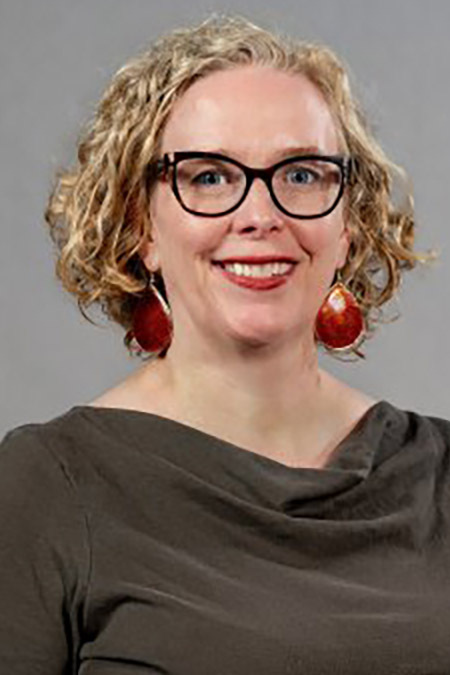
Comments from the Selection Committee: This fascinating examination of the impact and implications of first-year writing instruction at a large, public university synthesizes WAC scholarship with rigorous insights from a longitudinal, qualitative study of students’ experiences with academic writing. Wilder’s thoughtful study design and analysis of students’ experience, many of whom are first-generation college students juggling competing demands, demonstrates not only the lasting impacts of first-year writing courses but also the importance of first-year writing as a site of WAC research. In this work, Wilder examines how and when required first-year writing courses have a lasting impact on students’ writing and college success, considering important institutional and social factors that influence writing development, such as class size and students’ confidence and mindset.
This monograph makes important contributions to WAC scholarship through its specific analysis of the ways in which first-year writing courses contribute to students’ successes and failures in other writing-intensive courses and subsequent experiences with writing. Critically, Wilder pays close attention to considerations of labor for first-year writing instructors and how austerity and overworking can impact such instruction. Finally, we felt that the monograph’s exploration of students’ intersectional identities and theories of writing self-efficacy were noteworthy for future research in the field.
The book is available from Utah State University Press.
Best WAC Edited Collection
This award recognizes an edited collection that makes an exceptional contribution to WAC scholarship, including (but not limited to) WAC programming, administration, pedagogy, and impact.
Bojana Petrić and Montserrat Castelló (Eds.): The Thesis Writing Journeys of Bachelor’s and Master’s Students: A Transnational Perspective
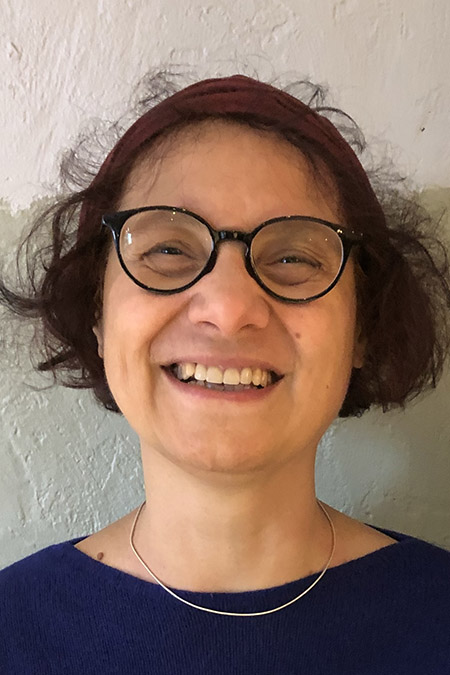
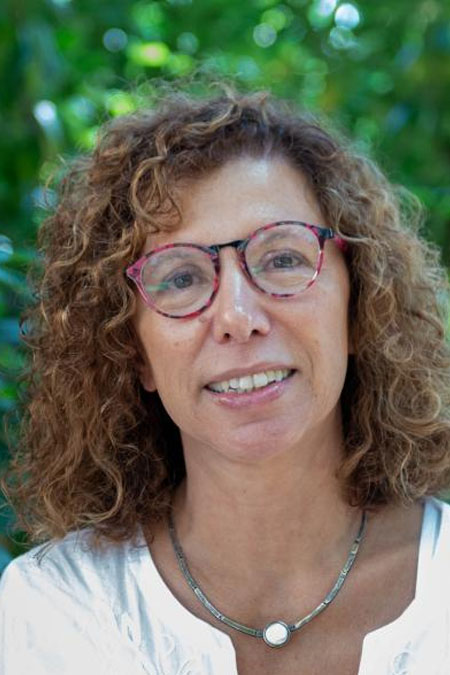
Comments from the Selection Committee: This edited collection represents a thorough exploration of relevant and compelling WAC work, namely: the experiences of graduate students writing high-stakes theses and dissertations. The collection considers a variety of different disciplinary perspectives and experiences and is a rich and well-developed exploration of the writing practices of students across many disciplines. The collection demonstrates thoughtful integration and application of genre studies and linguistics to the topic of thesis writing and is methodologically robust. By providing a European perspective on the nuances and complexities of thesis-writing processes and the graduate student writing experience, this collection fills a critical gap in current WAC scholarship. This is also a cohesive edited collection.
The book is available from Multilingual Matters.
Outstanding WAC Dissertation
This award recognizes a dissertation that makes an exceptional contribution to WAC scholarship, including (but not limited to) WAC programming, administration, pedagogy, and impact.
Michelle Bianco, Liberty University: A Causal-Comparative Study of the Writing Motivational Constructs of Students with and without Attention-Deficit/Hyperactivity Disorder in Online College Composition Courses

Comments from the Selection Committee: Michelle Bianco’s dissertation is a quantitative, non-experimental, causal-comparative examination of motivation students with ADHD experience in online writing courses. The selection committee commends Dr. Bianco for her grounding in WAC and composition studies history. The project demonstrates deep knowledge of and valuing of the field’s history and scholarship, with one committee member describing it as an exemplar literature review that they would share with their doctoral students as a model. Another committee member shared that they will approach teaching online courses differently as a result of reading Dr. Bianco’s dissertation. A Causal-Comparative Study of the Writing Motivational Constructs of Students includes rigorous methods, a comprehensive theoretical framework and study design that carry significant implications for writing program administrators and faculty.
View the dissertation at the Scholars Crossing: The Institutional Repository of Liberty University.
Best WAC Article or Chapter Focused on Research
This award recognizes a research-based article or chapter that makes an exceptional contribution to WAC. Nominated work should primarily offer the methodology and results of a research study, even if the findings have programmatic, theoretical, or pragmatic implications.
Anne Ellen Geller, St. John's University, and Neal Lerner, Northeastern University: “A Citation Analysis of The WAC Journal, 1989-2022”
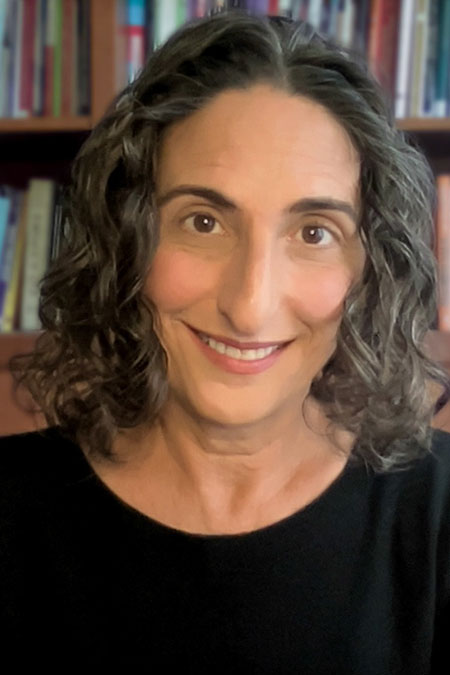

Comments from the Selection Committee: Anne Ellen Geller and Neal Lerner’s article presents a citation analysis of the first 30 years of The WAC Journal, focusing on the type and content of cited texts, citation dynamics, and the ethnic and gender profile of cited authors. This research strategy enables a form of data-driven disciplinary meta-reflection, revealing the preferences and dynamics of how consensual knowledge is constructed and negotiated.
Geller and Lerner found that only 4 percent of citations are repeated three or more times, which suggests a fragmented field and, as one selection committee member noted, one with little “aggregate knowledge” and a less systematic role for research and the review of previous findings. Importantly, results show that among the most cited texts, most authors are white men in retirement or retired—paradoxically, the authors of the article share some of these characteristics, as they rightly acknowledge in their positionality statement. As Geller and Lerner argue, these results reflect a field that is not very diverse and lacks dynamism in the construction and discussion of knowledge.
The selection committee found that Geller and Lerner’s writing is well-supported, critical, and engaging to read. The article’s significance lies in prompting reflection on how knowledge is collectively built in WAC, with the goal of achieving greater diversity and intellectual dynamism.
View the article in The WAC Journal.
Best WAC Article or Chapter Focused on Pedagogy, Theory, or Practice
This award recognizes an article or chapter that makes an exceptional contribution to WAC scholarship in the areas of pedagogy, theory or practice. Nominated work should primarily offer us theoretical ways of approaching WAC work, discussions of program design and operation, or insights regarding pedagogy, even if this work is based in research.
Crystal Fodrey , University of Louisville: “The Future of WAC is Multimodal and Transfer-Supporting”
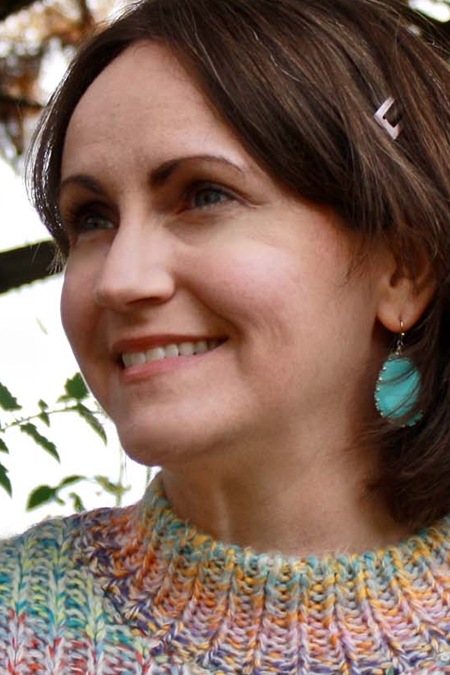
Comments from the Selection Committee: In her article, Dr. Fodrey engages extensively with WAC literature to demonstrate how multimodal composing can support student writing transfer across disciplines and foster more equitable and inclusive learning environments. The article exhibits sound pedagogical practice, grounded in WAC scholarship, to offer a fresh perspective on the ongoing challenge of writing transfer. Fodrey’s argument facilitates reader engagement, inviting further work on multimodality and transfer within WAC.
View the article in The WAC Journal.
Honorable Mention: Joanna Wolfe, Carnegie Mellon University: “What Educational Psychology Can Teach Us about Providing Feedback to Black Students: A Critique of Asao Inoue’s Antiracist Assessment Practices and an Agenda for Future Research”

Wolfe argues compellingly for revisionist antiracist assessment practices in writing studies, with clear implications for WAC. Educational psychology is presented as an alternative framework for providing more meaningful feedback to Black students and achieving more equitable feedback practices more broadly. Meticulously researched, the article inspires new ways of thinking about antiracist pedagogies, particularly as DEI initiatives in public institutions face increasing scrutiny.
View the article in College Composition and Communication.
Achievement Awards
These awards recognize contributions to the field of WAC through scholarship, service, or achievement.
Early Career Contributions to the Field
This award recognizes early career scholars (i.e. graduate students and scholars in the first nine years of their academic career) who have made significant contributions to the field of WAC through scholarship or service.
Mandy Olejnik, Miami University (Ohio)
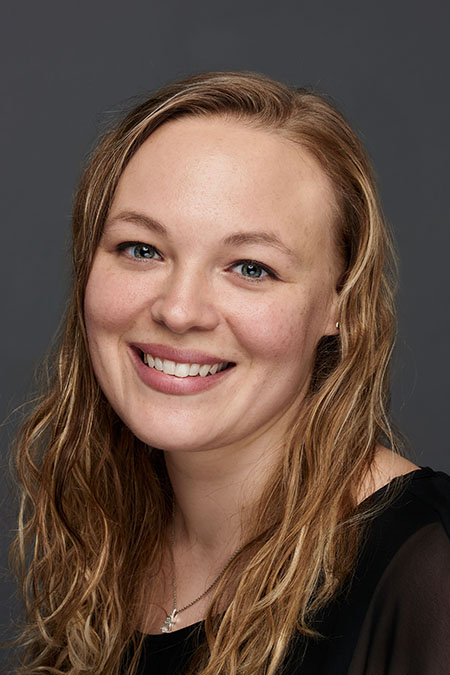
Comments from the Selection Committee: Only a few years post-PhD, Dr. Olejnik has established an impressive body of scholarship that reinforces core WAC values, as with her edited collection highlighting voices of faculty across the disciplines; confronts overlooked areas of need, such as supporting graduate faculty as teachers of writing; and tackles immediately pressing challenges, such as integrating artificial intelligence, on which she is actively publishing while also developing teaching resources in her capacity as Assistant WAC Director at Miami University of Ohio’s Howe Center for Writing Excellence. Likewise, Olejnik’s leadership within the field spans her graduate and post-graduate career, in AWAC as well as the Ohio College Teaching Consortium. Olejnik’s early career contributions are considerable, dynamic, forward-thinking, and a testament to her potential, drive, and steadfast commitment to the field of WAC.
Outstanding Contributions to Diversity, Equity, and Inclusion in the Field
This award recognizes scholars who have promoted diversity and inclusion in the field of WAC through scholarship and service.
Kerri Flinchbaugh, East Carolina University
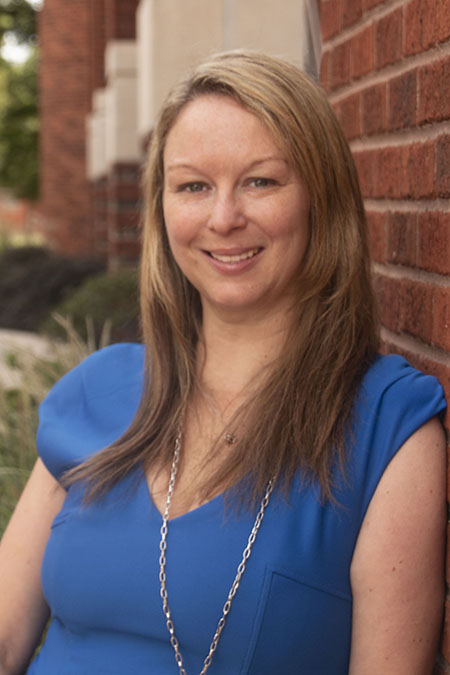
Comments from the Selection Committee: Dr. Flinchbaugh's pedagogical practices and policies have a clear connection to WAC with outstanding contributions to diversity, equity, and inclusion in the field, including programmatic events/workshops that focused on linguistic justice, critical language awareness, and trauma-informed/equity-centered writing pedagogies. Flinchbaugh’s work training faculty from across campus led to the development of more inclusive writing resources (like the Linguistic Justice Tool Kit) and contributed to a more equity-minded academic culture. The committee very much appreciated learning about these outstanding contributions to the field.
Honorable Mention: Saurabh Anand, University of Georgia
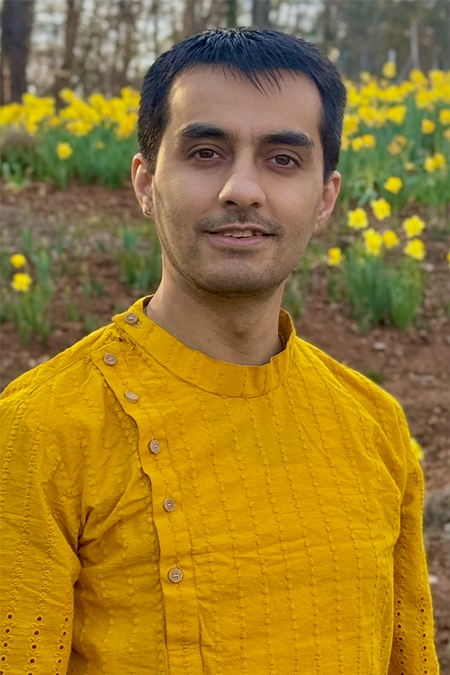
Comments from the Selection Committee: Saurabh Anand’s writing center work and commitment to principles of diversity, equity, and inclusion demonstrate contributions to WAC that are anti-racist and decolonial in focus. With a research agenda that is global in scope, Anand’s work showcases impressive reach beyond his institution and demonstrates great promise to make positive contributions to the field.
Distinguished Fellows of the Association for Writing Across the Curriculum
This award recognizes distinguished scholars (i.e., scholars in field for at least 15 years) who have made significant contributions to the field of WAC through scholarship, service, and achievement. This is an award that continues beyond the year in which it was made. You can view the full list of Distinguished Fellow on the Distinguished Fellows page.
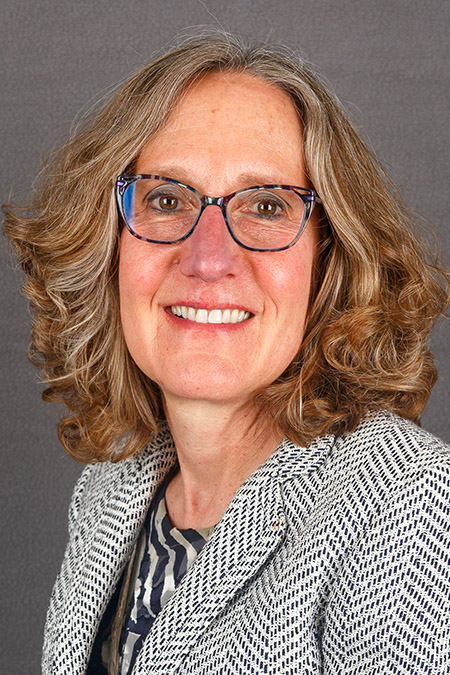 Ann Blakeslee
Ann BlakesleeEastern Michigan University
Selected 2025
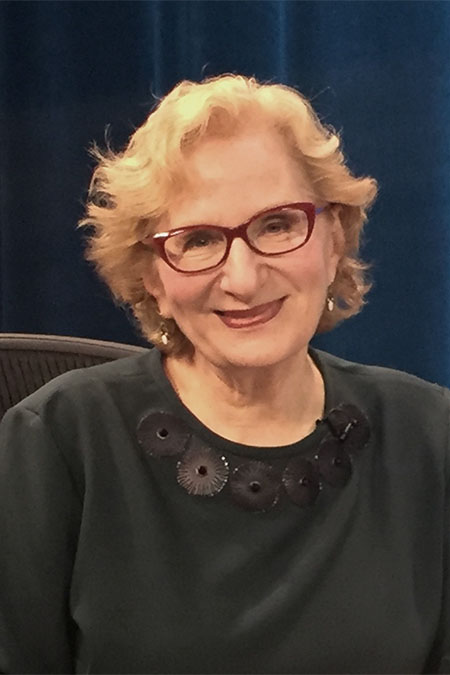 Linda Hirsch
Linda HirschHostos Community College/CUNY
Selected 2025